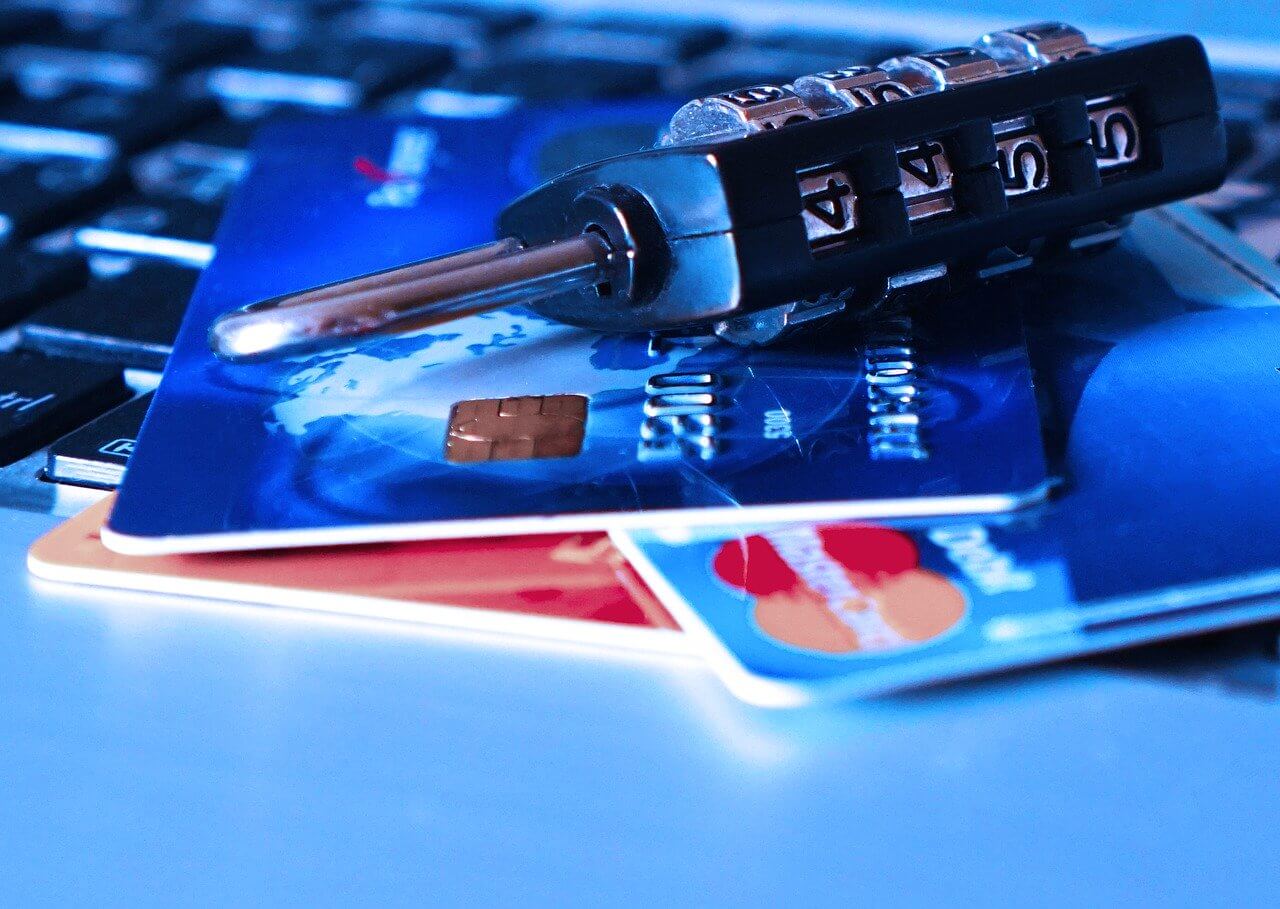Being organized does not only guide you to healthier decisions and improve relationships but it also strengthens your financial wealth. By keeping track of your financial progress, you can pay your bills on time, control your spending, and generate further cash flows. Here is your guide on how to protect and safeguard your financial information online.
1. Make a back up of your important and personal documents using physical (i.e hard drive) and digital platforms (i.e Dropbox).
2. Never share personal information easily. Make sure you identify the person who takes your data.
3. Be wise and vigilant. Cyberattacks come in different forms. Don’t open or click any links in your emails or give away financial information over the phone. Always verify the information by initiating contact with your bank.
4. Invest in security software. Firewalls and antivirus help you guard your personal and financial files against viruses and cyber intruders.
5. Avoid public WI-FI access. It is one of the easiest ways for hackers to collect your personal and financial information.
6. Take time to read the Privacy policies. As long and tedious as they can be, privacy policies contain information on how businesses and establishments collect and use your data.
The General Data Protection Regulation (GDPR) strongly recommends the public to use stringent measures and practices when creating passwords as a security control. The GDPR advises consumers the following:
- Utilization of complex passwords which includes the use of numbers and symbols. Avoid the use of birthdays or easy-to-guess identifications such as 1234
- Ensure that devices such as mobile phones are protected with passwords
- Make use of encryption or multiple authentications to devices
- The employment of alternatives to passwords such as fingerprint, facial or voice recognition
These are only simple and easy-to-follow suggestions on how to make your financial life more secure and safer. While businesses and establishments are taking serious steps to safeguard their customer’s data from theft, self-employment of these security measures is your added protection against loss.

